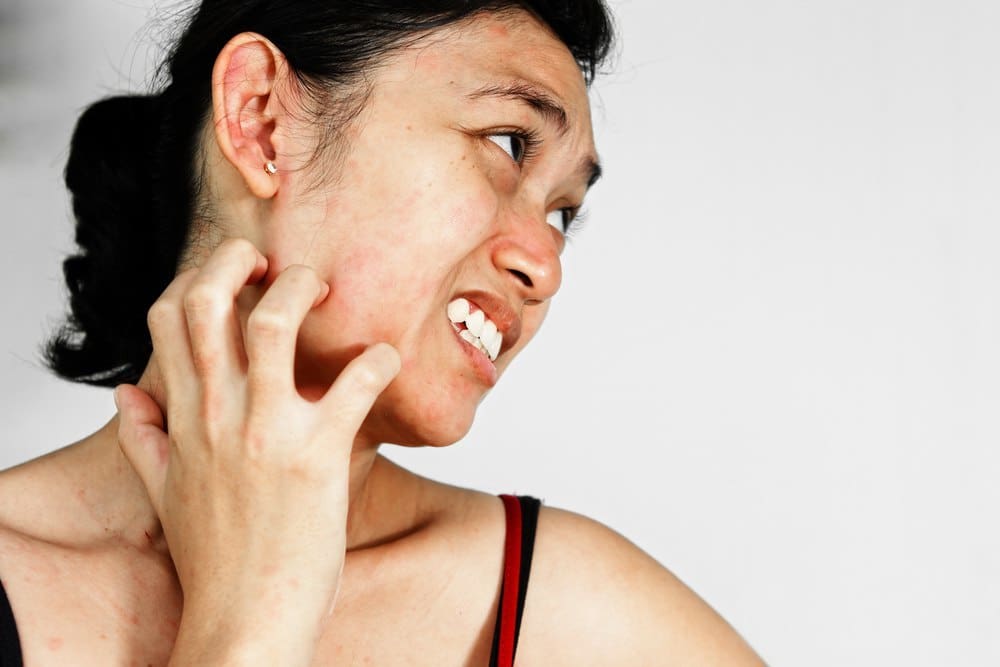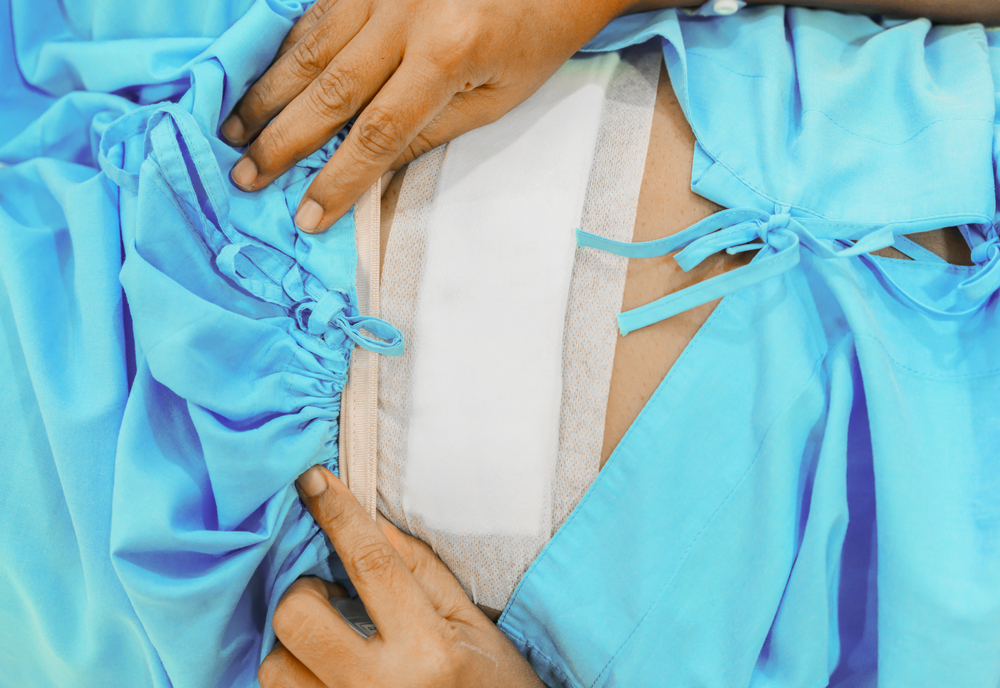Contents:
- Medical Video: More Funniest Kid Test Answers
- 1. Adjustment of access
- 2. Special considerations
- How can you help your child during exam time?
Medical Video: More Funniest Kid Test Answers
All schools are required to make adjustments to accommodate children with special needs, including students with type 1 diabetes. This adjustment is also included when the exam season takes place, when schools usually set stricter rules throughout the exam.
There are two types of help that might be available for children with diabetes.
1. Adjustment of access
Examples of adjusting access for children with diabetes include:
- Rest - this is a pause in the middle of the exam and can be started again when the child is ready to continue (for example if your child has a hypo / hyper)
- Provision of drinks and snacks (to treat or prevent hypo / hyper)
- Access to blood glucose monitoring equipment.
It is important to let your child's school staff know about the needs of your child as quickly as possible. This is to ensure that there is enough time to adjust adjustments. So, discuss the arrangements for this exam season with school staff at the beginning of the learning year, or as soon as your child is diagnosed.
Don't assume that the school staff will automatically know the adjustments your child needs. Think about how diabetes might affect your child during the exam, and discuss the specific adjustments that you need with the exam officer or whoever is a staff member responsible for holding the exam at the school or university.
2. Special considerations
Under special consideration, testers may consider:
- The number of jobs your child can do during the exam
- Tasks related to subjects
- Exams that your child has previously done related to these subjects
The reason children with diabetes may need to be assessed with special consideration is because low or high blood glucose levels can affect their performance during the exam. This problem does not have to occur during the exam, it could also be something that happened before and still affects them, such as hypotensive attacks that make them less able to concentrate.
Getting special treatment can be a challenge and you must prepare evidence, such as blood glucose levels. If you declare hypo / hyper before the test affects the child's performance, you should notify the clerk in the examination room of this incident. Or if your child has hypo / hyper or feels unwell during the exam, they have to tell the officer at that time.
Your child must also complete a certain amount of the total assessment needed in a subject, and you also need to submit this within 7 days of your child completing the exam. If you want to apply for special treatment, talk to the testing officer at your child's school.
If the test is carried out by the examining body not from the school, the school needs to notify the testing body of the requested adjustments.
You may need to prepare a letter from your doctor or nurse to confirm that your child has diabetes.
How can you help your child during exam time?
Stress from an exam can worsen your child's blood glucose levels. Stress often makes blood glucose levels rise, but if they study all day and don't do much activity, their blood glucose is likely to rise higher.
On the other hand, worrying about an exam can mean your child loses appetite, then his blood sugar levels can go down and they can have hypo.
This can be difficult, but it is important for your child to keep his blood glucose levels as normal as possible during the exam, because this will help them to concentrate well and do their best during the exam.
So, encourage them to do a little extra blood test. Then, they can adjust insulin or food depending on the results. Talk to the diabetes nurse for more suggestions regarding this.
During the exam day, the following can help your child do his best:
- Maintain a normal diet to give the brain enough energy when working
- Check blood glucose levels, and if low, prepare additional snacks
- If you can't do an examination, and aren't sure if your child is hypo or just nervous, keep preparing snacks, and treat high blood glucose levels after
- Prepare some food for your child to take during the test if there is hypo. Make sure the food is something that they can eat quickly and calmly - sugar drinks may be a good idea
- Remind the teacher about your child's diabetes and that your child may need to check his blood and eat during the exam if your child has hypo.












